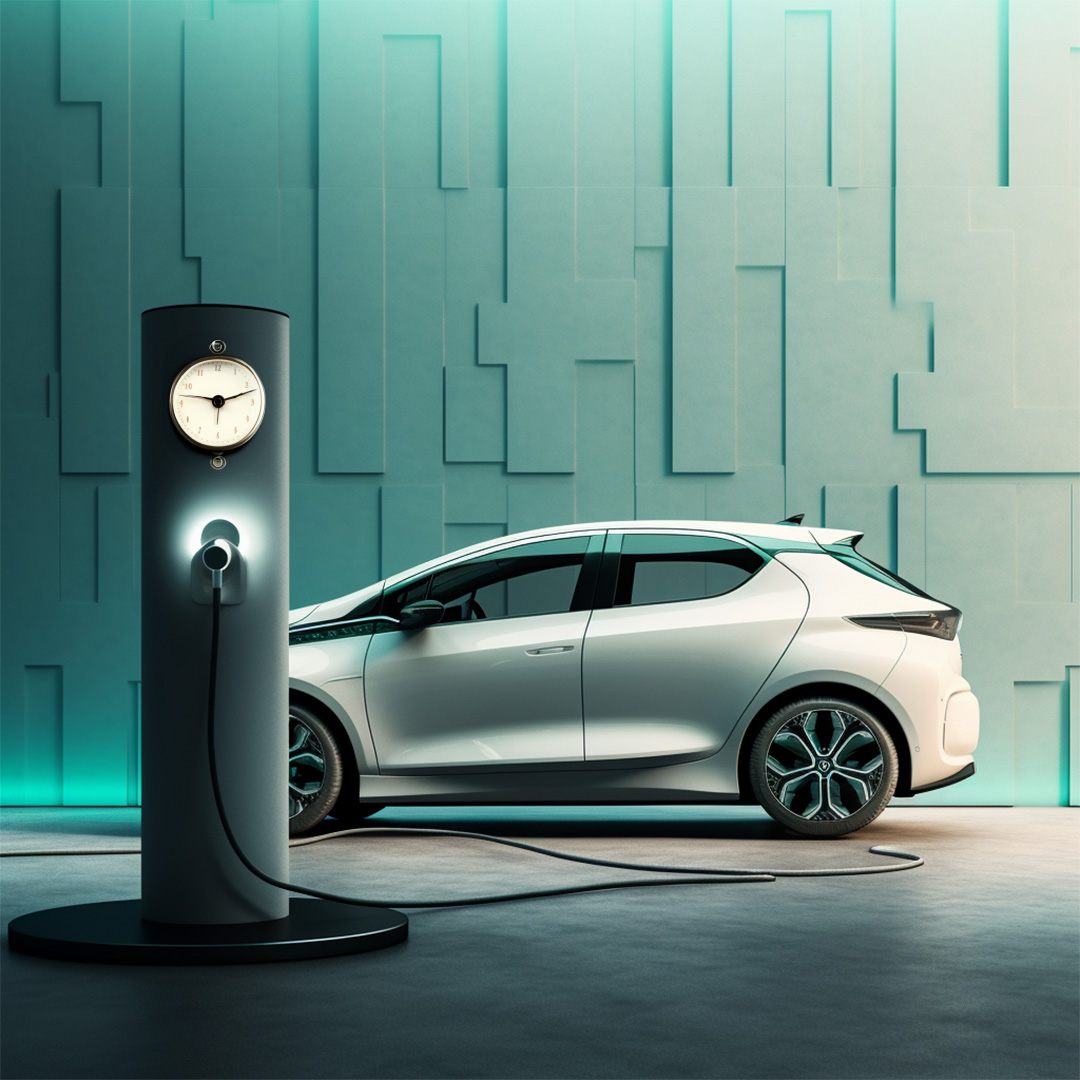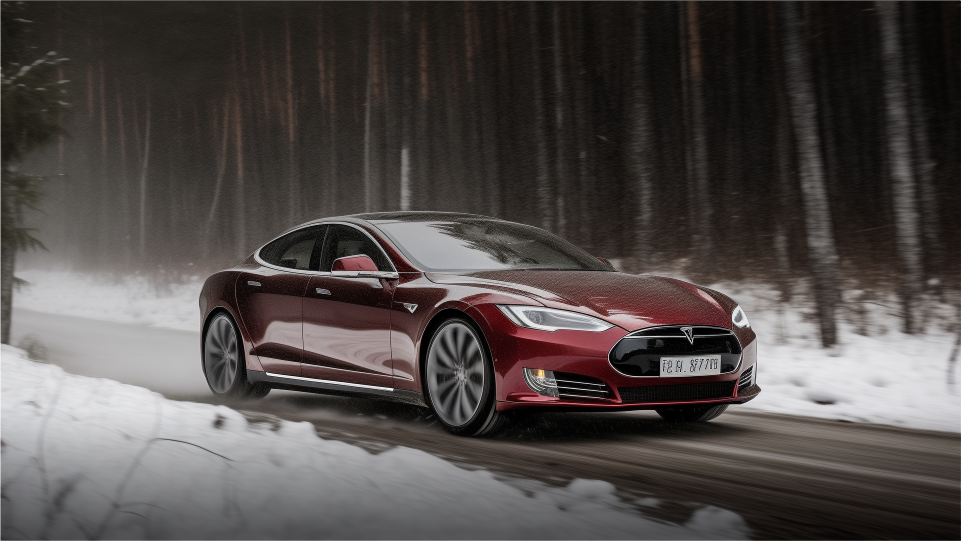Electric vehicles (EVs) occupy a prominent place in the world of sustainable mobility. They are often hailed as the key to a greener future, but there are also many misconceptions about their actual impact on the environment. In this blog, we unravel some of the most common myths and present the facts about electric cars and their environmental impact.
Myth 1: EV battery production is too environmentally damaging
Fact: The production of lithium-ion batteries, essential for EVs, does indeed have an environmental footprint. However, its impact is often exaggerated. Battery technologies are constantly being improved, making them more efficient and environmentally friendly. In addition, battery recycling is becoming more common, helping to further reduce environmental impact.
Myth 2: EVs have limited range and are impractical
Fact: The range of electric cars has increased significantly in recent years. Many modern EVs can now travel distances comparable to gasoline cars on a single charge. With the continued expansion of charging infrastructure, it is becoming increasingly practical and convenient to use an EV for both daily trips and longer journeys.
Myth 3: Electric cars will overload the power grid
Fact: While the increase in EVs will undoubtedly bring with it an increased demand for electricity, many power grids are capable of handling this demand. Moreover, the growth of electric vehicles is encouraging the development of smart energy grids and technologies such as demand response, which help manage peak loads.
Myth 4: Electric cars are too expensive
Fact: The initial purchase price of an EV may be higher than that of a conventional car, but the total cost of ownership over its lifetime is often lower. This is due to lower operating costs, such as for energy and maintenance. Moreover, EVs are becoming more affordable as technology develops and production costs fall.
Conclusion
Electric vehicles are a crucial part of the transition to a more sustainable future. While not perfect, they offer significant environmental advantages over traditional gasoline and diesel cars. By dispelling myths and presenting facts, we can form a more realistic picture of the role EVs will play.





